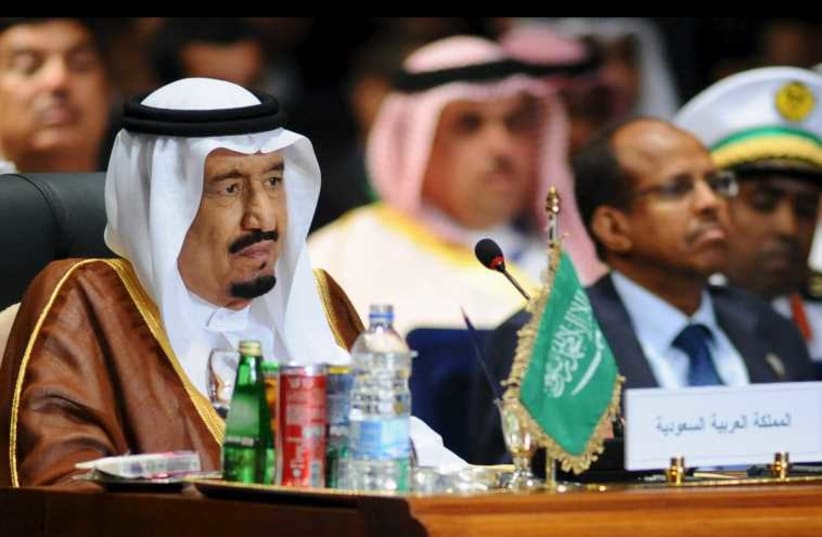Egypt and Saudi Arabia's agreement on two Red Sea islands and Israel's approval of the deal according to foreign reports is likely a continuation of covert contacts and common interests.Israel's approval of Egypt's move to give the islands of Sanafir and Tiran back to the Saudis is just the tip of the iceberg when it comes to the secret processes taking place behind the scenes.The ceding of the islands is apparently part of the changes made in recent years to the peace treaty between Israel and Egypt. As part of these changes, Israel let Egypt move more troops into Sinai than the treaty originally allowed for, in order to aid in the fight against Islamic State's affiliate in the peninsula.Three countries signed on the 1979 peace treaty which defined the Sinai Peninsula as a partially demilitarized zone - Egypt, Israel and the United States, which is the biggest contributor to the observation force that enforces the treaty.As the country who guaranteed the treaty, the US was involved in, and approved, the return of the islands, which were previously leased to the Egyptians, back to the Saudi Kingdom. The US did not oppose the returning of the islands. All three countries involved in the move are America's allies.Israel and Egypt have enjoyed close relations since General Abdul Fattah al-Sisi ascended to power and security ties between the countries are constantly improving. The two countries' common interests are the fight against terror in Sinai and against Hamas, especially its military wing, who Egypt accuses of cooperating with Islamic State and holding ties with Iran.The situation with the Saudis is much more complicated. Israel and the Kingdom do not have formal relations, and they will not have them as long as the Israeli-Palestinian conflict is not solved. Comments to that affect were made this week by the Saudi foreign minister, who served as the Kingdom's ambassador to Washington up until a few years ago. He knows the Jewish community there very well and even met with them. However, according to foreign reports, the two countries do have third-party economic ties which see Israeli products - agricultural and technilogical goods - arriving via the Palestinian Authority, Jordan or Cyprus. More importantly, according to these reports there are contacts and even meetings between senior officials.
The common interest is, first and foremost, the belief that the biggest threat is Iran. Reports have surfaced in the past that the Saudis gave Jerusalem approval for Air Force jets to pass through their airspace if Israel decides to attack Iran's nuclear facilities. The Saudis hoped that Israel would do their dirty work for them and were disappointed when it didn't happen.According to foreign reports, Mossad chiefs, including Meir Dagan, have met with Saudi intelligence officials in the past. There was also a report that former prime minister Ehud Olmert held a meeting with Prince Bander bin Sultan, who was the Saudi envoy to Washington, as well as the head of the National Security Council and the Saudi intel chief. The agreement on the islands is likely the continuation of these contacts as was published and the common interests between the two countries. These covert ties are unlikely to come to the surface, at least not until there is a Palestinian state and and the House of Saud can wave its flag from the mosques on the Temple Mount.
